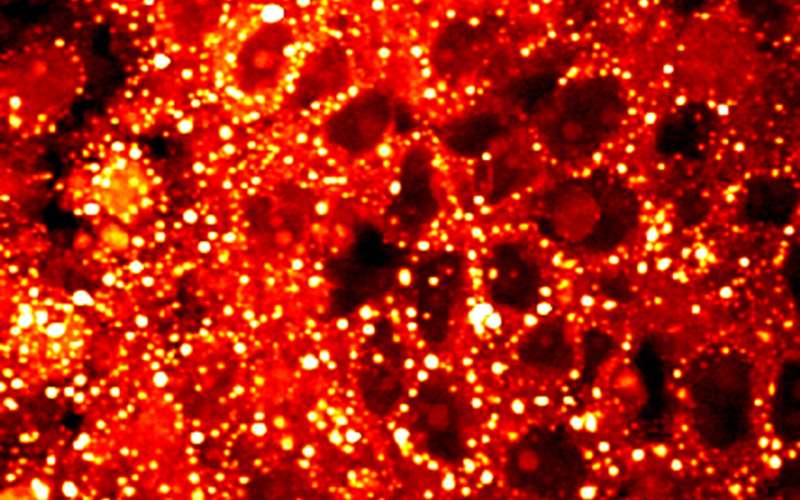
New Peter Mac research shows that two molecular pathways that drive cancer development, work together to increase the production of fats inside cancer cells.
Increased production of fats supports the uncontrolled growth of cancer cells, but also gives us new knowledge to help identify new ways to therapeutically target them.
The Hippo/YAP and PI3K/mTOR pathways are active in the majority of malignant tumors, however until now we haven’t known how they interact to control metabolism in cancer cells.
This research, published today in Developmental Cell, demonstrates they work together in cancer cells to rewire fat metabolism, which fuels tumor growth.
“We’ve known since the 1920s that metabolism in cancer cells is very different to metabolism in normal cells,” says Dr. Kristin Brown, a senior author on the study.
“But it’s only in the last 10 to 15 years that we’ve realized that these changes in metabolism aren’t simply a bystander of cancer development, but directly drive it.”
As a result, there is now significant interest in trying to identify how changes in metabolism can be harnessed to develop new cancer therapies.
“Our work highlights that a better understanding of how metabolism is controlled in cancer cells can reveal vulnerabilities that might one day be targeted in the clinic,” says Dr. Andrew Cox, the other senior author on the study.
“Inhibitors of fat metabolism are already used to treat conditions arising from obesity and diabetes, but our study suggests they could be repurposed to also treat cancer.”
Peter MacCallum Cancer Centre

